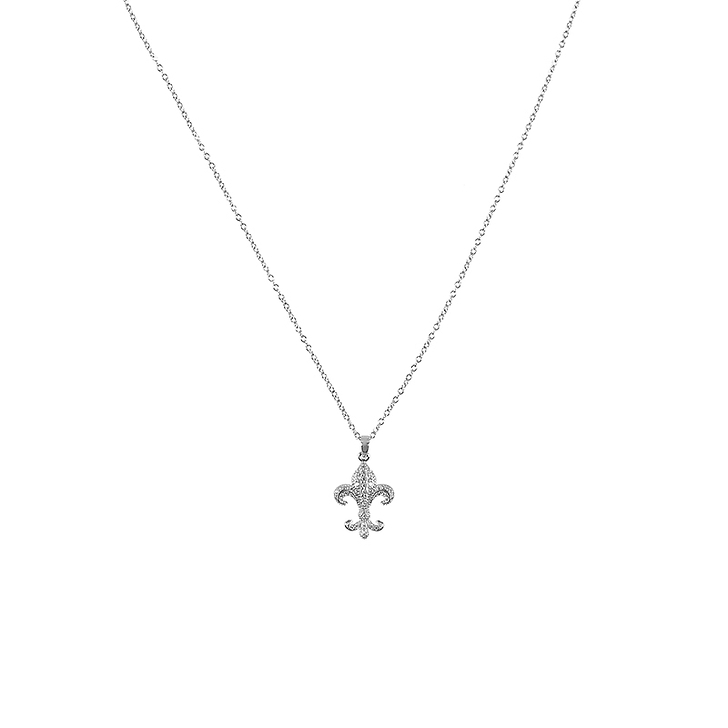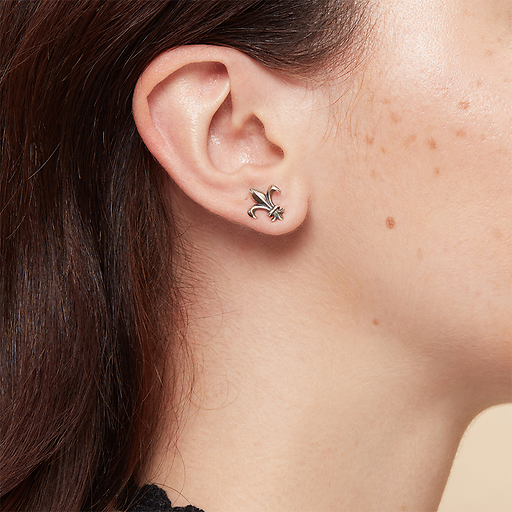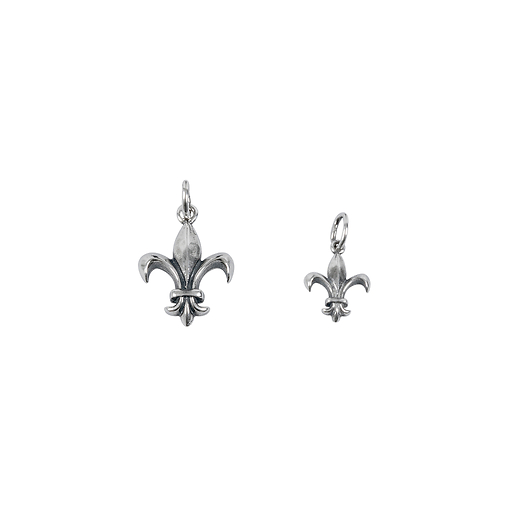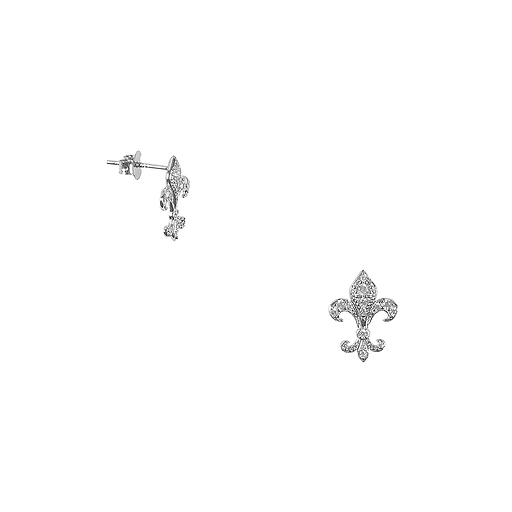The pendant of this necklace is inspired by a medallion displayed in the Gilded room of Queen Marie-Antoinette at the Château de Versailles.
The lily was already found among the Egyptians and Assyrians, where the flower had a sacred character. Because of its value in the Christian tradition, the lily...
Read more
The pendant of this necklace is inspired by a medallion displayed in the Gilded room of Queen Marie-Antoinette at the Château de Versailles.
The lily was already found among the Egyptians and Assyrians, where the flower had a sacred character. Because of its value in the Christian tradition, the lily is symbolically very present in the Christian Roman world and the Byzantine Roman world, and also among the Visigoths; it is found in the form of a trifid egret among the Lombards.But it is in the Frankish world that it has occupied a singular place. The lily appeared at the end of the reign of Pepin the Short (715-768) and at the beginning of that of Charlemagne (742-814), perhaps as a result of their increasingly close contacts with the Lombards. It was during the reign of Louis VII that the fleur-de-lys became the specific symbol of French royalty, while other European ruling families chose wild and fearsome animals as their emblem, from eagles to leopards. The fleur-de-lys was often used in threes, as an evocation of the Holy Trinity, and was to adorn royal decorations, monuments, coins, tapestries, etc., until the Revolution.
925 silver, zirconium oxide
Keep the jewellery away from dust and moisture. Avoid contact with perfume, chemicals and cosmetics; avoid getting the jewellery wet.
Close










